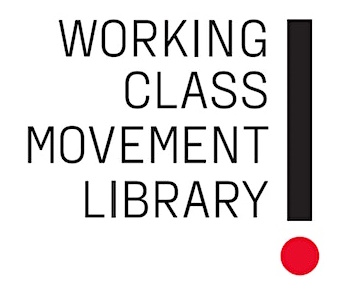Interview with Ted Jones
TitleInterview with Ted Jones
ReferenceTAPE/311
Date
05/07/1982
Scope and ContentInterview with Ted Jones. Ted was born in 1915, and worked in the docks from 1936. He was in the TGWU. He worked in Cold Stores, which were along Thames Street, Blackfriars etc. Joined the army in 1939, was in army until 1945. Back in docks in 1945, very aware of new regulations. Before the War there were "registered dockers" and "non-registered dockers". Ted was a "registered docker", which was hard work but well paid. He could work pretty much as he liked and managed to avoid paying any income tax. After the War it was much more controlled, and he had to provide a lot of information about himself in order to get work, and he had to pay the tax. He was sent "across the water" but there was not much work there, and he worked only one day a month. He was not getting much money and put in for a transfer to the Royal Docks, and was successful in getting one. He stayed at the Royal Docks then, working mainly on meat. He was a union shop steward before the War and later on was branch secretary. He had to hide his membership of the Communist Party otherwise he would not have been able to hold office in the union. The Cold Stores branch was very militant. It was a big branch, incorporating Smithfield Market, and was very powerful. He was in Germany at the time of the !945 election, was pleased that Labour had won, and started singing "The Red Flag" on the microphone in the army canteen. The officers there did not like this. Ted laughed about the troops being sent into the docks when the dock workers were on strike, as they did not know what they were doing, and made all sorts of mistakes, and caused a great deal of damage. Ted said that a major reason that there were so many disputes in the docks just after the War, was the men being made to work outside their area, even as far away as Liverpool and Cardiff, without proper compensation. There was also much more discipline than there had been before the War, when it was the union itself which did the disciplining. He mentioned the Canadian Seamen's Strike. He said that the Roman Catholic Church was very influential in the union. Relations between the two unions (Blue and White) had been friendly, but later there were accusations of poaching.
Extent1 Cassette tape
Physical descriptionNWA copy
LanguageEnglish
Persons keywordJones, Ted
SubjectOral history, Dock workers, Trade unions, Disputes
Conditions governing accessOpen
Levelfile
Normal locationZ (Room 24)
